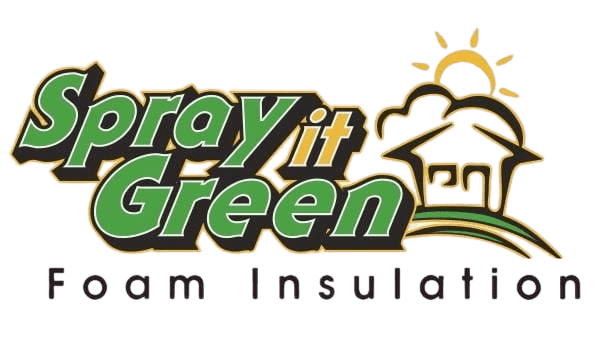Moisture damage within a building envelope is mainly the result of warm moist inside air being exchanged with the cold dry outside air beyond your walls. As moisture in the air condenses, it forms dew within the insulation. Because spray foam insulation is air sealing, this moisture movement and condensation does not occur.
Yes. Spray foam insulation is approved for residential and commercial building codes.
Yes. Spray foam will stop air infiltration in commercial/residential buildings. This will also keep out moist/humid air and dust/pollen. Fiberglass batts and loose cellulose will not stop air infiltration allowing dust, pollen and moisture into a home/building.
While the initial cost of installing spray foam may be higher than other traditional insulation options, homeowners are able to save more money per month to more than make up for the difference. Spray foam insulation can reduce heating and cooling costs (compared to traditional insulations) by up to 50%. Spray foam insulation can also save money by way of a reduction in the required sizing of the HVAC unit.
Unvented attics use air-impermeable insulation on the underside of the roof deck as a barrier to prevent condensation of moisture. Vented attics allow hot and/or moist air to escape to the exterior by air flow.
Spray foam insulation adheres to the substrate and will not settle or fall out of the walls or ceiling.
Spray foam insulation offers no food value; therefore it does not support bacteria or fungal growth. It also does not retain water, making it an unappealing environment for fungal spores.
Indefinitely. As an inert, long lasting polymer, residential and/or commercial structures are a great places for spray foam insulation.
Open cell:
- Low density (.5lb per cubic foot).
- Expands about 100 times its original volume when applied.
- Forms a semi rigid/flexible insulation.
- R-value is between R3.4 to R3.9 per inch.
- Forms an excellent air barrier.
- A good soundproofing material
Closed cell:
- Medium density (2lbs per cubic foot).
- Expands about 40 times its original volume when applied
- Forms a rigid insulation (adds structural strength).
- R-value is R6.0 or higher.
- Forms an excellent air barrier.
- Applied at 2 inches or more, closed cell SPF is a vapor retarder material.
Spray foam is a two component liquid that is sprayed in place by a trained professional applicator. The two liquids, heated under high pressure, mix at the spray gun and react with each other, causing the liquid to expand rapidly and cure as a rigid/semi-rigid foam.
We’re Just a Message Away
Fill out the form below and our team will get back to you as soon as possible—quick, easy, and no pressure.
Contact Us
Office location
7 West 11Th Street, Bloomsburg, Pennsylvania, 17815Send us an email
[email protected]